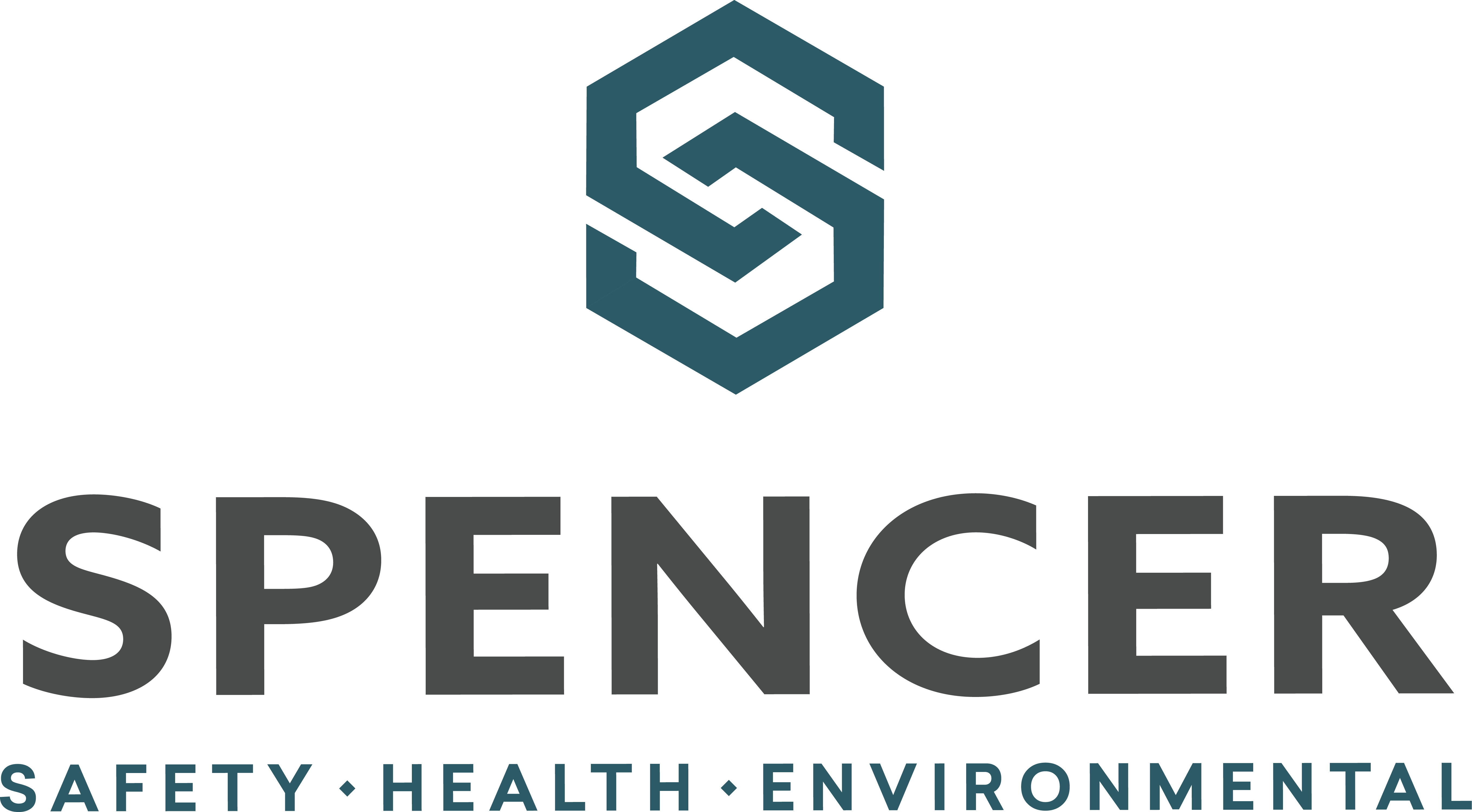Everyone wants to be safe, accepted and included in their personal life as well as in their workplace.
Spencer-SHE has been providing Safety, Health and Environmental Compliance Guidance since 1980 offering clients cost-effective, turn-key solutions. Contact us here to help you to develop and maintain an inclusive workforce.
According to ASSP (American Society of Safety Professionals) – Diversity, Equity and Inclusion Task Force:
“Across our organization and within each of our member communities, we strive to create safe and welcoming environments where differences related to factors such as race, ethnicity, class, religion, age, sex, sexual orientation, gender identity, nationality, ability and education are not only accepted but celebrated. We want all members to be treated with respect and to know their voices are heard — particularly those who are most frequently marginalized or silenced in other areas of their lives.”
DISADVANTAGED GROUPS POTENTIALLY EXPERIENCING DISCRIMINATION:
Gender
Race
Nationality
Ethnicity
Sexual Orientation and Gender Identity
Age
Socio-Economic Class
DIVERSITY AND INCLUSION IN THE SAFETY PROFESSION
-DIVERSITY OF WORKFORCE AT ALL POSITIONS IS KEY TO COMPANIES SUCCESS
Especially important in the Safety Profession so that hazards for all demographics are considered
-INCLUSION SHOULD BE A STRATEGIC INITIATIVE FOR C-SUITE TO ATTRACT TOP TALENT
77% of adults evaluate a company’s culture before applying for an open position
56% rank culture as more important than compensation
-MILLENIALS ARE SEEING MORE DIVERSITY OF WORKFORCE
See the entire ASSP presentation given by ELIZABETH SPENCER, MENG, CSP SPENCER-SAFETY, HEALTH, ENVIRONMENTAL by clicking here.
Barriers to Safety
Disparities in language, training and employer understanding of the cultures of their employees can create mental and physical barriers to safety.
In 2018, 5,250 workers died as a result of on-the-job injuries, the most fatalities recorded by the BLS Census of Fatal Occupational Injuries since 2007. Within that total, the 615 deaths among Black workers were the most since 1999, while the 961 deaths among Hispanic or Latino workers marked a 6.4% increase from 2017.

